01 - Federalism Crises in Pakistan: Impacts on Centre-Province Relations ...
http://dx.doi.org/10.31703/gpr.2022(VII-III).0110.31703/gpr.2022(VII-III).01 Published : Sep 2022
-
Despite having a lengthy history of transitional administration, Pakistan has never created a comprehensive federal framework. Since independence, Pakistan's federal structure has remained extremely centralized, resulting in a multitude of issues such as a sense of deprivation, inequity, and unfairness among the units, all of which have fueled regionalist sentiment. However, Pakistan's federation ... Details
-
Pakistan, Federalism, National Integration, Political Instability, Centre-province Relations
-
(1) Uroosa Ishfaq
Lecturer, Department of Political Science, Shaheeed Benazir Bhutto Women University, Peshawar, KP, Pakistan.
(2) Khudija Sanam
Visiting Lecturer, Department of Political Science, Government Girls Degree College, Shiekhmaltoon, Mardan, KP, Pakistan.
(3) Kashif Ashfaq
MPhil Scholor, Department of Pakistan Studies, National University of Modern Languages, Islamabad, Pakistan.
02 - The Nagorno-Karabakh Conflict In 2020: Causes and Consequences ...
http://dx.doi.org/10.31703/gpr.2022(VII-III).0210.31703/gpr.2022(VII-III).02 Published : Sep 2022
-
The standstill conflict, Nagorno-Karabakh issue is a territorial and ethnic conflict between Azerbaijan and Armenia from the last few decades. The conflict was fueled by nationalism and the geopolitics of Russia and Turkiye, which sell weapons to both countries and aim to influence the energy-rich region of the South Caucasus. The recent 2020 Nagorno-Karabakh war and 2022 ceasefire violations have... Details
-
Armenia, Azerbaijan, Territory, Caucasus, Region, Escalation
-
(1) Bashir Ahmed Kalwar
Assistant Prof Department of Political Science, FUUAST, Karachi, Sindh, Pakistan.
(2) Muhammad Nauman Akhtar
Lecturer Department of Political Science, Government Islamia Graduate College Kasur, Punjab, Pakistan
(3) Amna Munawar Khan
MS Scholar, Department of DSS, Quaid-e-Azam University, Islamabad, Pakistan.
03 - From Commissionerate to Governor Province, the Role of Muslim League and Congres...
http://dx.doi.org/10.31703/gpr.2022(VII-III).0310.31703/gpr.2022(VII-III).03 Published : Sep 2022
-
This article explains the role of the Muslim League and Congress in the struggle of the frontier people for the introductionof reforms in NWFP. The time span of the study i-e the era discussed in the article is mainly from 1901, when the Commissioner Province of NWFP was established, to 1931 when it was granted the status of Governor Province. The article discusses the general outlook of the provi... Details
-
Reforms, Frontier, Congress, Muslim League, Khudai Khidmatgars
-
(1) Munazza
Undergraduate Student, Department of Political Science, Abdul Wali Khan University Mardan, KP, Pakistan.
(2) Zeeshan Ahmad
Undergraduate Student, Department of Political Science, Abdul Wali Khan University Mardan, KP, Pakistan.
(3) Maghfoor Ullah
Undergraduate Student, Department of Political Science, Abdul Wali Khan University Mardan, KP, Pakistan
04 - History and Evolution of Insurgency in Balochistan (1948 to 2018) ...
http://dx.doi.org/10.31703/gpr.2022(VII-III).0410.31703/gpr.2022(VII-III).04 Published : Sep 2022
-
This research paper focuses on the patterns of insurgency in Balochistan from 1948 to 2018. The study analyzes the historical background of Balochistan, including its annexation to Pakistan, and examines the five phases of insurgency in the province. The research also explores the factors that have contributed to the emergence and sustenance of the Baloch nationalist movement, including economic e... Details
-
Insurgency, Balochistan, Economic, Province
-
(1) Noor Saeed Khattak
Lecturer, Department of Peace and Conflict Studies, National University of Modern Languages, Islamabad, Pakistan.
(2) Alia Naseer
Lecturer, Department of Peace and Conflict Studies, National University of Modern Languages, Islamabad, Pakistan.
(3) Azeem Gul
Lecturer, Department of International Relations, National University of Modern Languages, Islamabad, Pakistan.
05 - Cold War and its Effects on Developing Countries: The Case of Afghanistan ...
http://dx.doi.org/10.31703/gpr.2022(VII-III).0510.31703/gpr.2022(VII-III).05 Published : Sep 2022
-
Afghanistan is one of the emerging nations still feeling the effects of the cold war. The Soviet invasion, which lasted from 1979 to 1989, had a significant impact on Afghanistan. In response, the United States the Cold War opponent of the Soviet Union supported the rebel mujahedeen organizations to force the Soviet soldiers to withdraw. Not only Afghanistan but also its neighbors, Iran and Pakist... Details
-
United States, Soviet Union, Afghanistan, Cold War, Invasion, Mujahedeen
-
(1) Ruqaiya Bibi
BS Honors Graduate, Department of Political Science, Women University, Mardan, KP, Pakistan.
(2) Anfal Afridi
Lecturer, Department of Political Science, Women University, Mardan, KP, Pakistan.
(3) Javeria Noor Sawal
Mphil, Department of Political Science, Qurtuba University of Science & Information Technology, Peshawar, KP, Pakistan.

 Volume XI, Issue I (Winter 2026)
Volume XI, Issue I (Winter 2026)  Volume X, Issue IV (Fall 2025)
Volume X, Issue IV (Fall 2025) 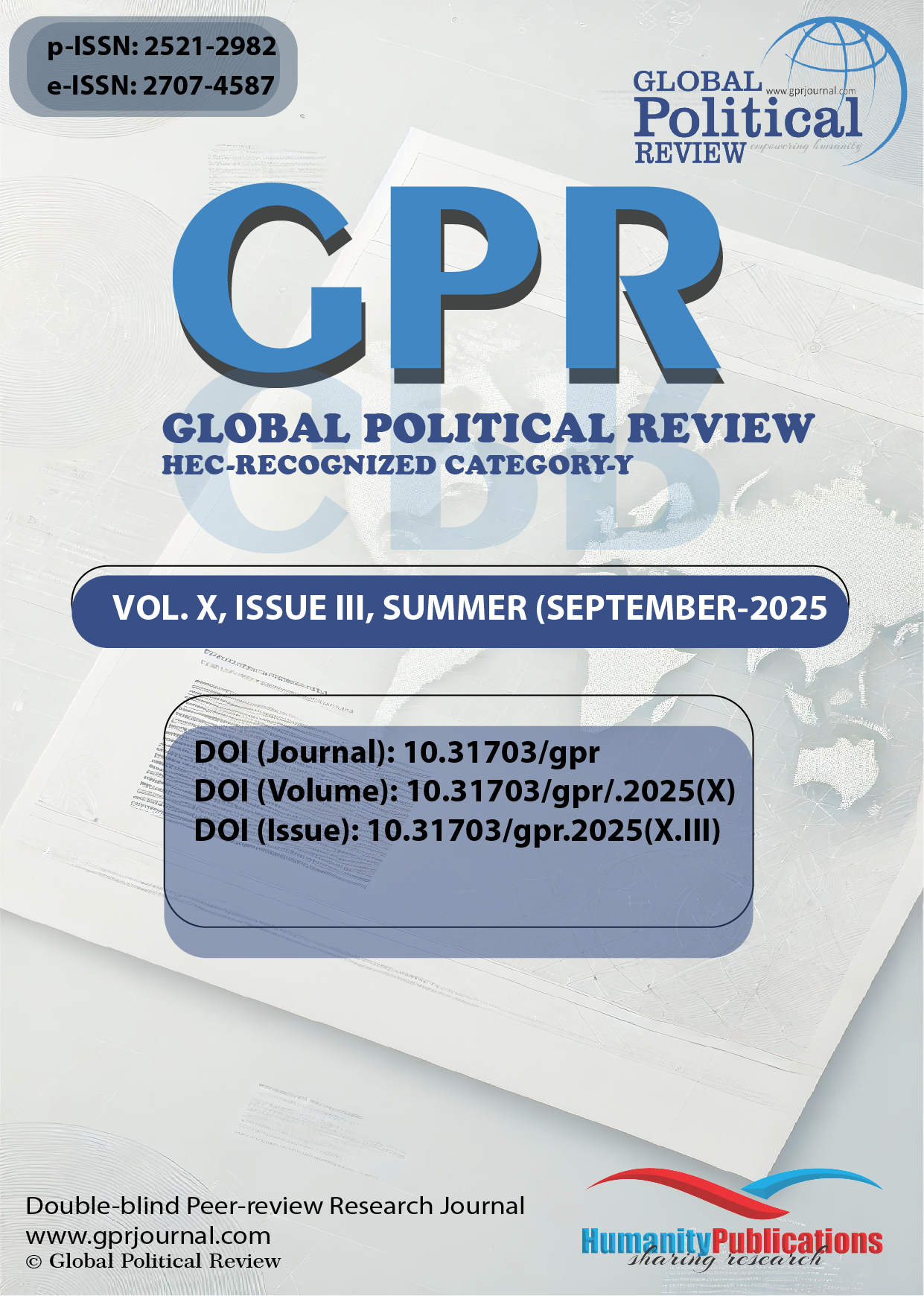 Volume X, Issue III (Summer 2025)
Volume X, Issue III (Summer 2025) 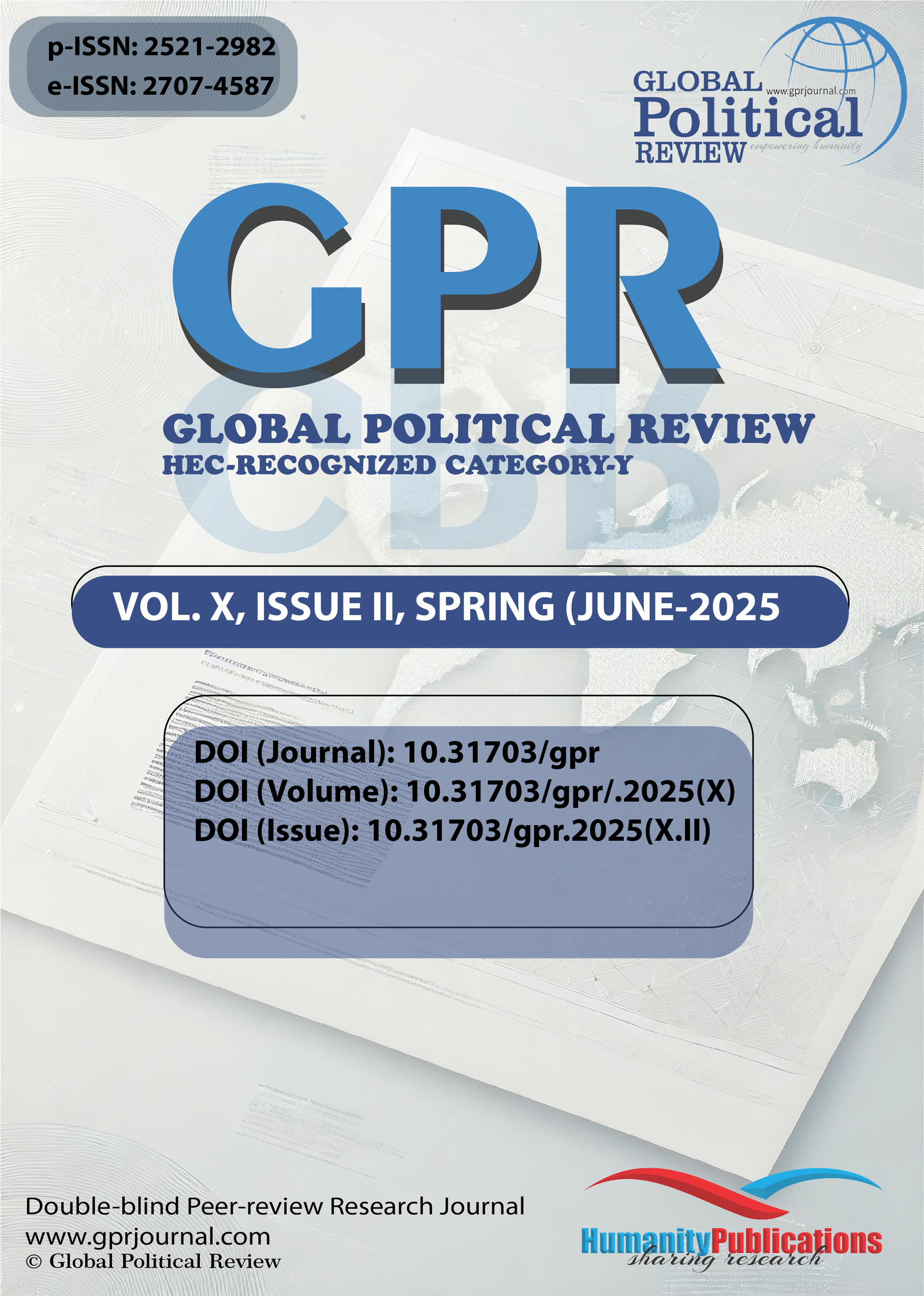 Volume X, Issue II (Spring 2025)
Volume X, Issue II (Spring 2025)  Volume X, Issue I (Winter 2025)
Volume X, Issue I (Winter 2025)  Volume IX, Issue IV (Fall 2024)
Volume IX, Issue IV (Fall 2024)  Volume IX, Issue III (Summer 2024)
Volume IX, Issue III (Summer 2024)  Volume IX, Issue II (Spring 2024)
Volume IX, Issue II (Spring 2024)  Volume IX, Issue I (Winter 2024)
Volume IX, Issue I (Winter 2024) 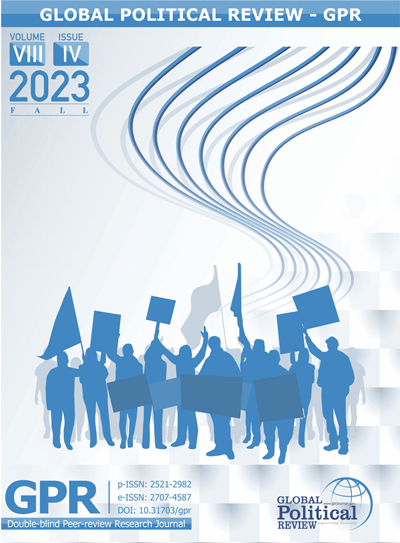 Volume VIII, Issue IV (Fall 2023)
Volume VIII, Issue IV (Fall 2023)  Volume VIII, Issue III (Summer 2023)
Volume VIII, Issue III (Summer 2023)  Volume VIII, Issue II (Spring 2023)
Volume VIII, Issue II (Spring 2023) 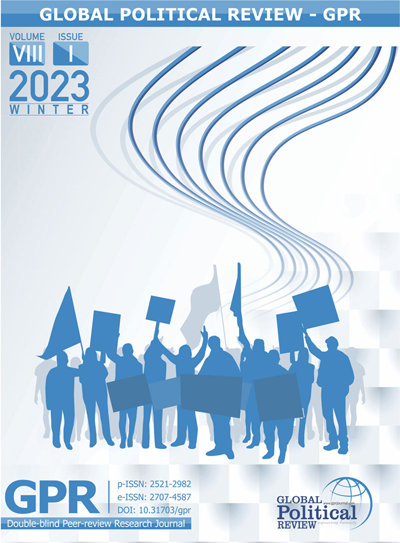 Volume VIII, Issue I (Winter 2023)
Volume VIII, Issue I (Winter 2023) 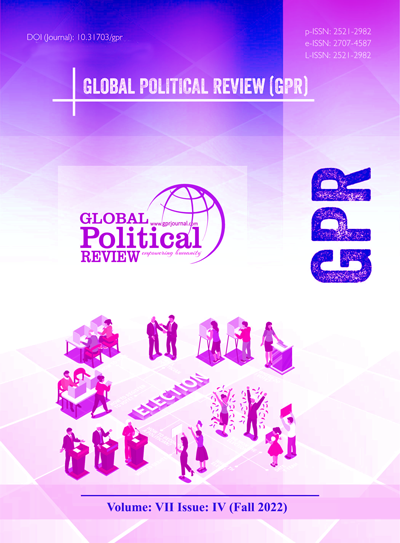 Volume VII, Issue IV (Fall 2022)
Volume VII, Issue IV (Fall 2022)  Volume VII, Issue III (Summer 2022)
Volume VII, Issue III (Summer 2022)  Volume VII, Issue II (Spring 2022)
Volume VII, Issue II (Spring 2022)  Volume VII, Issue I (Winter 2022)
Volume VII, Issue I (Winter 2022) 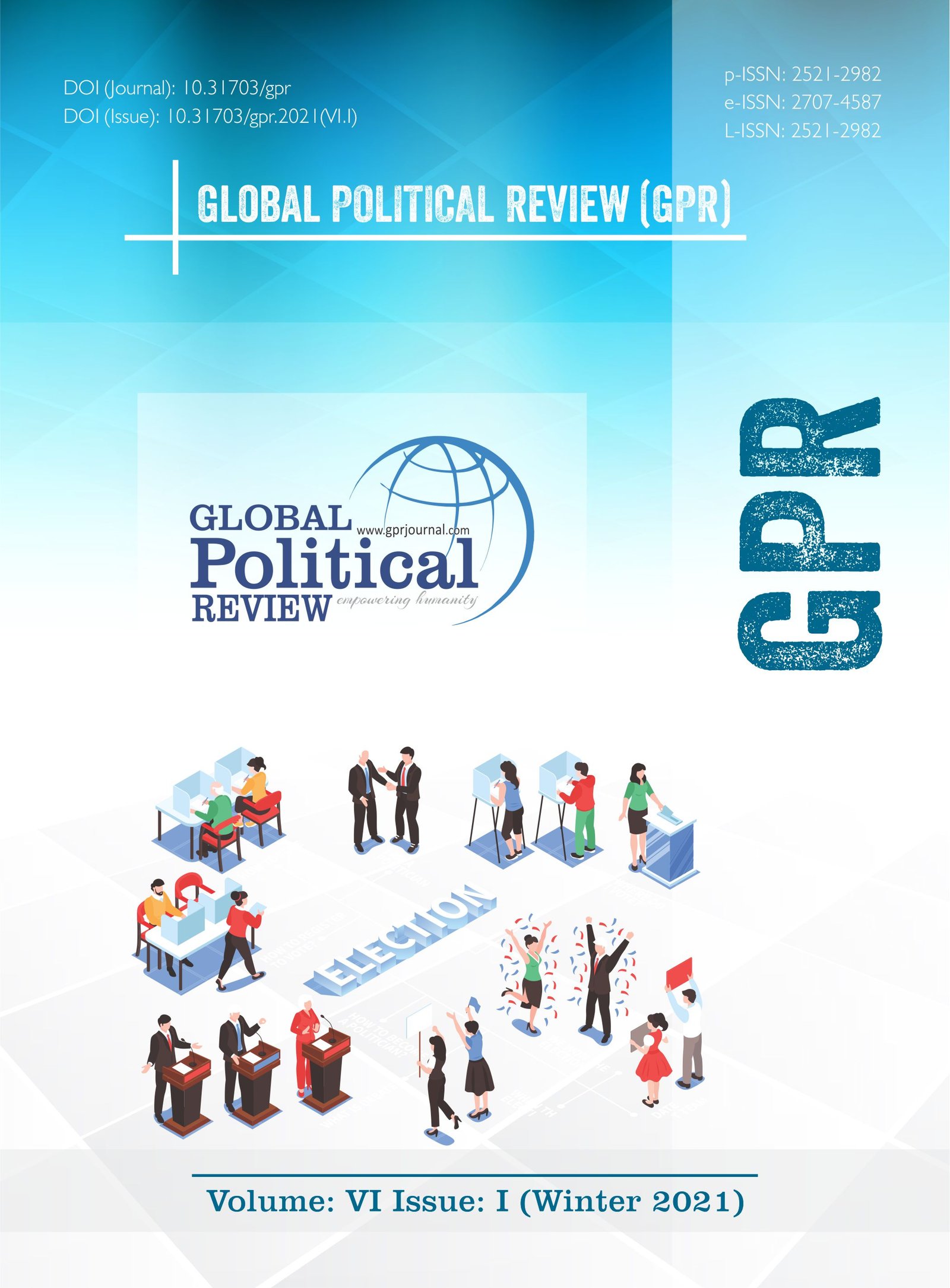 Volume VI, Issue IV (Fall 2021)
Volume VI, Issue IV (Fall 2021) 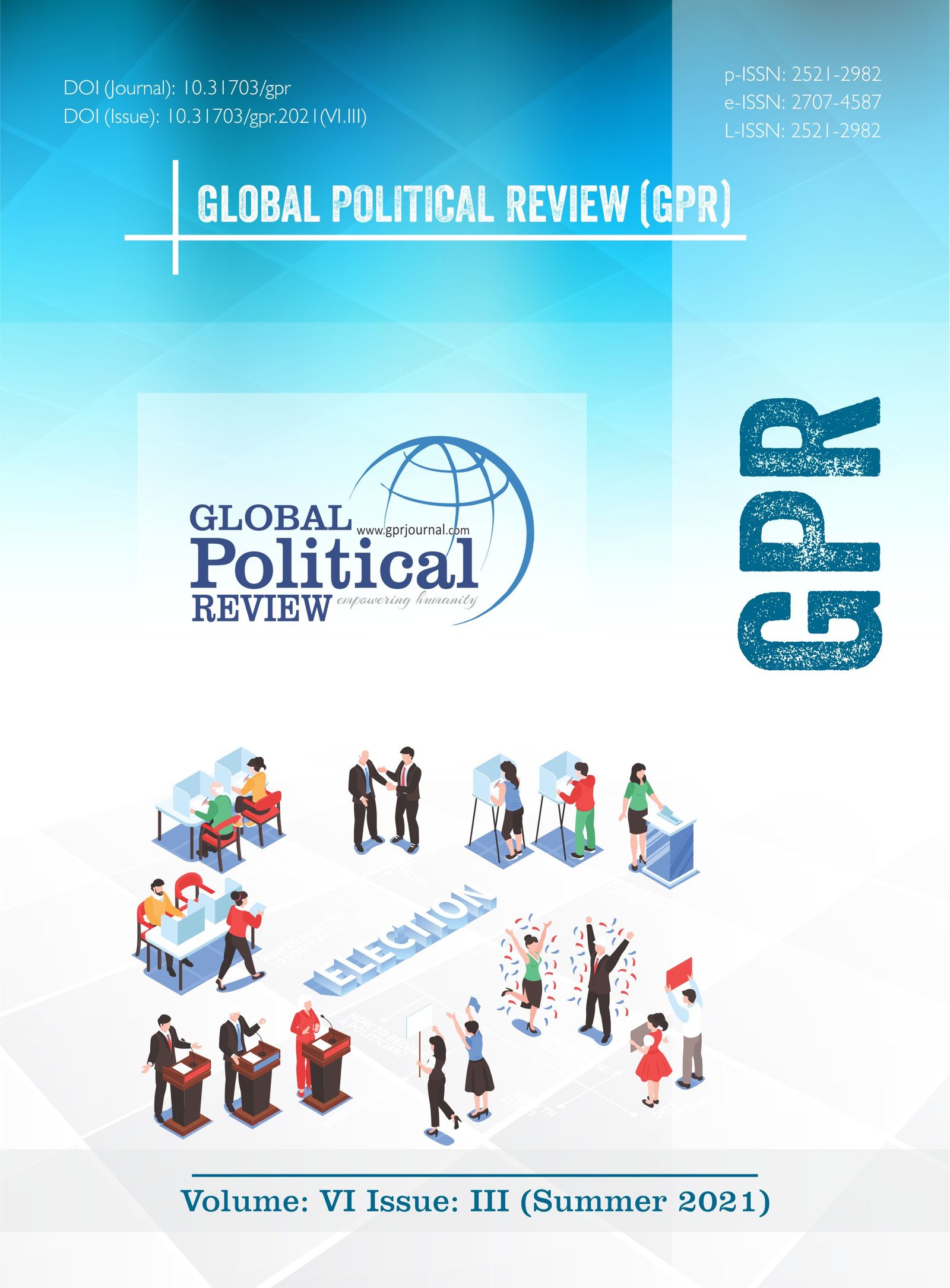 Volume VI, Issue III (Summer 2021)
Volume VI, Issue III (Summer 2021)  Volume VI, Issue II (Spring 2021)
Volume VI, Issue II (Spring 2021) 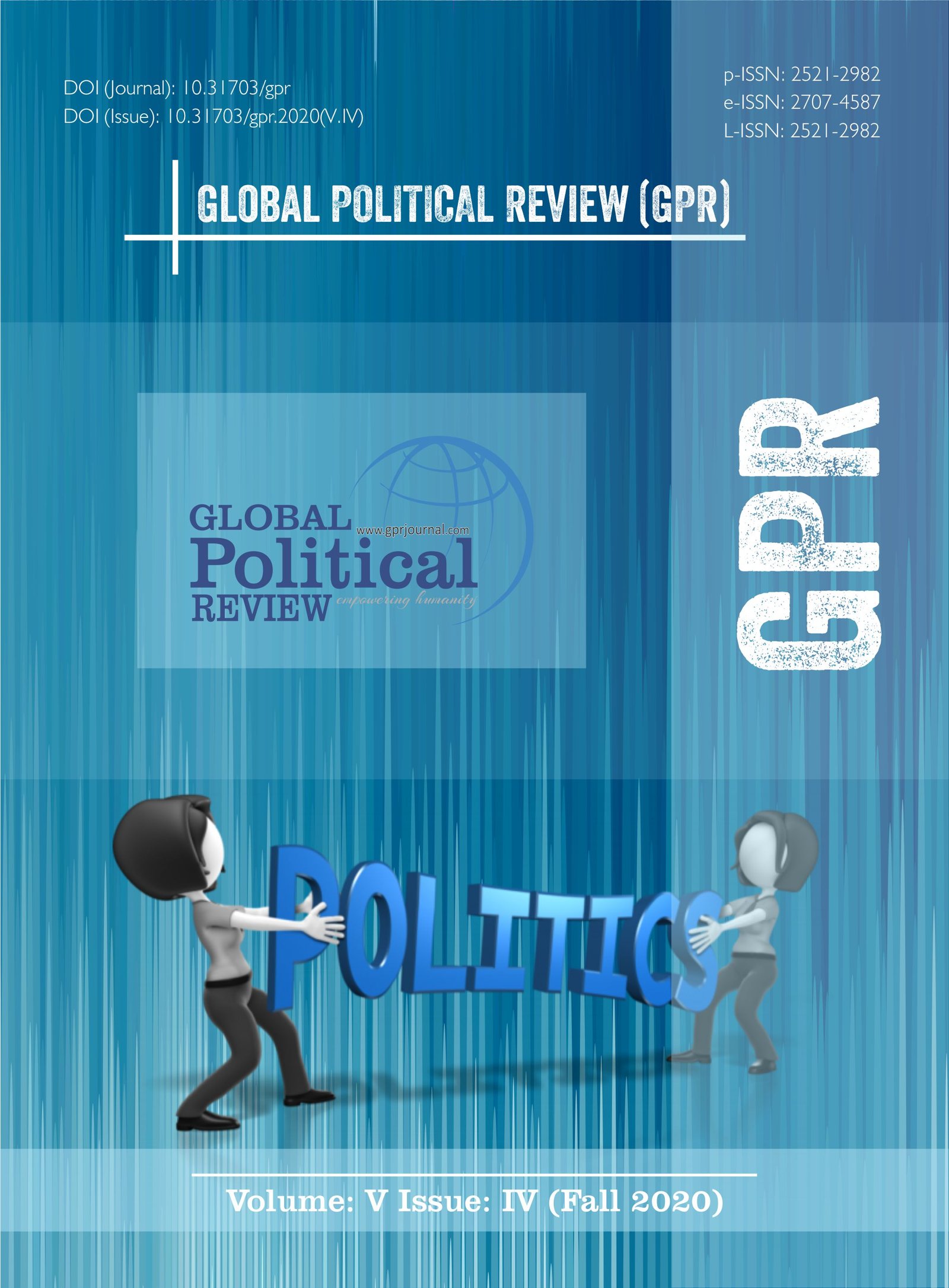 Volume V, Issue IV (Fall 2020)
Volume V, Issue IV (Fall 2020)  Volume V, Issue III (Summer 2020)
Volume V, Issue III (Summer 2020) 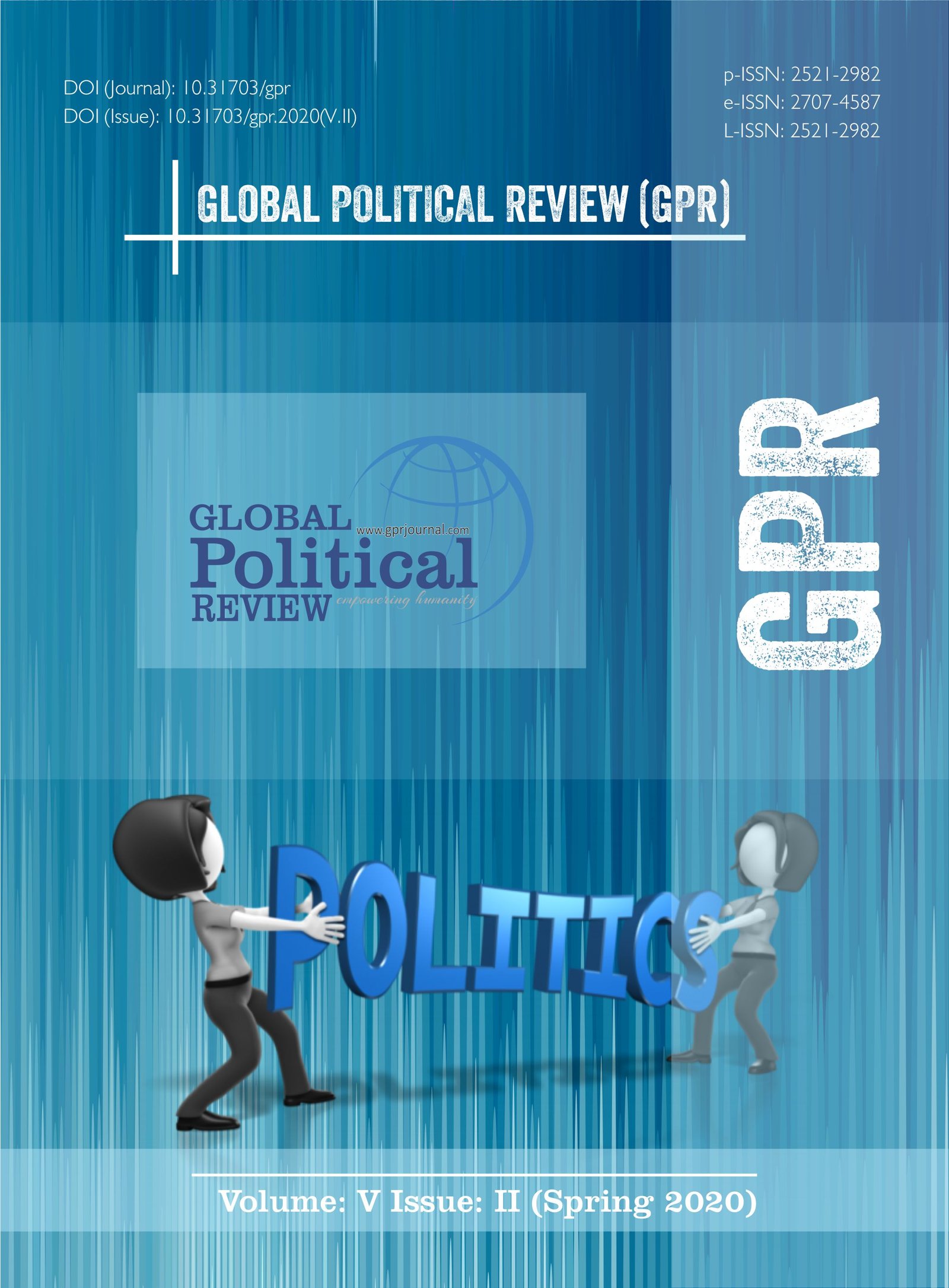 Volume V, Issue II (Spring 2020)
Volume V, Issue II (Spring 2020) 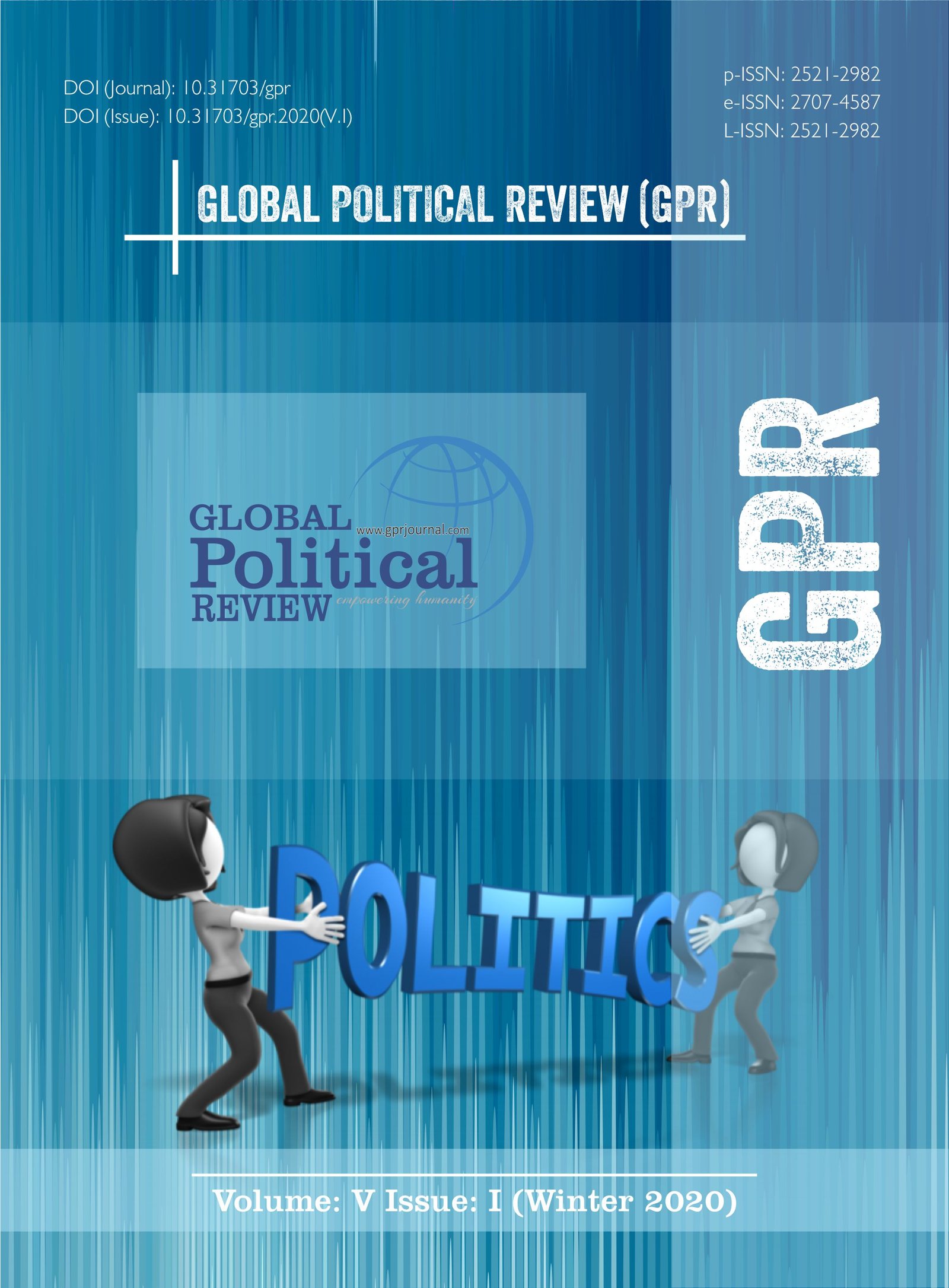 Volume V, Issue I (Winter 2020)
Volume V, Issue I (Winter 2020)  Volume IV, Issue IV (Fall 2019)
Volume IV, Issue IV (Fall 2019)  Volume IV, Issue III (Summer 2019)
Volume IV, Issue III (Summer 2019)  Volume IV, Issue II (Spring 2019)
Volume IV, Issue II (Spring 2019) 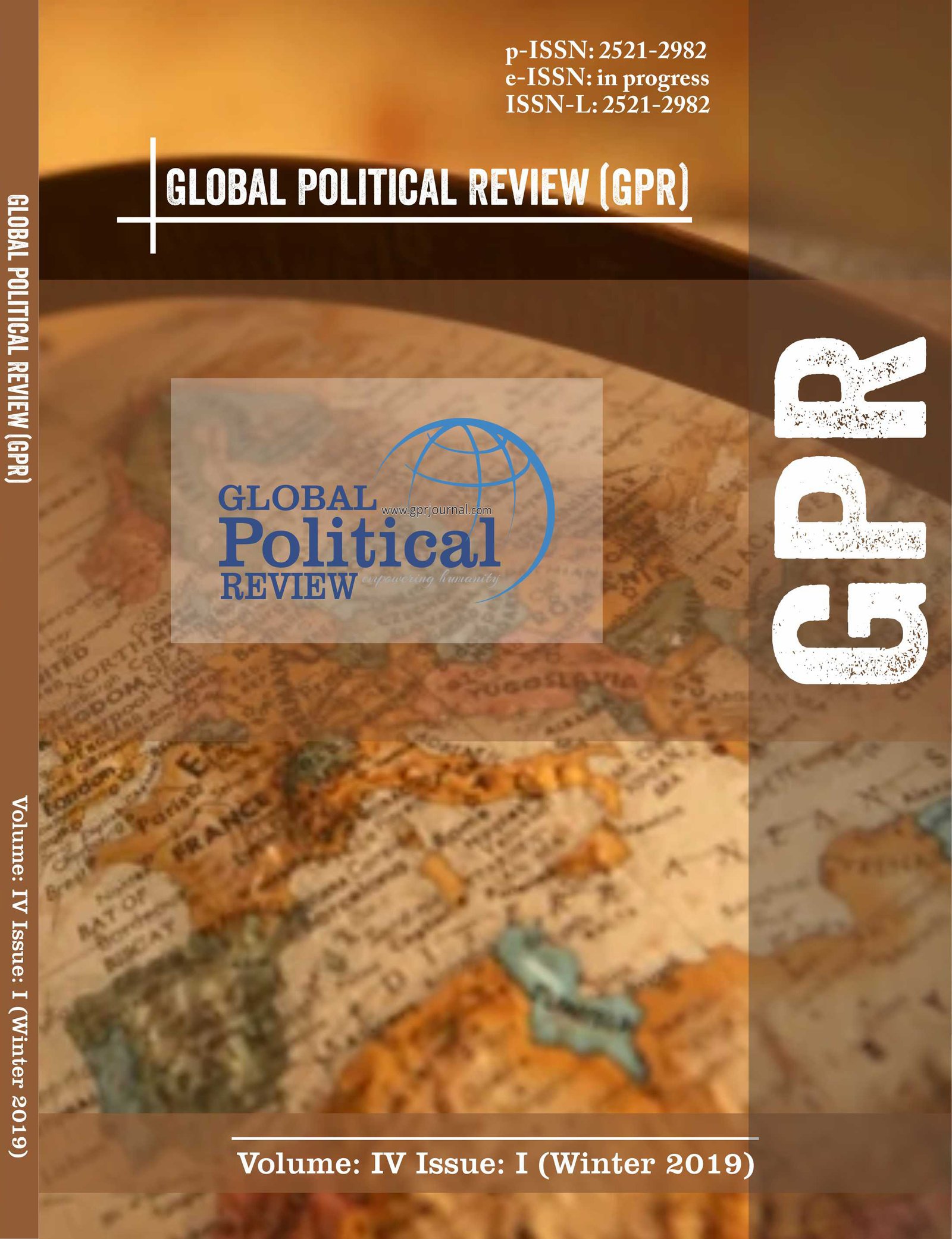 Volume IV, Issue I (Winter 2019)
Volume IV, Issue I (Winter 2019) 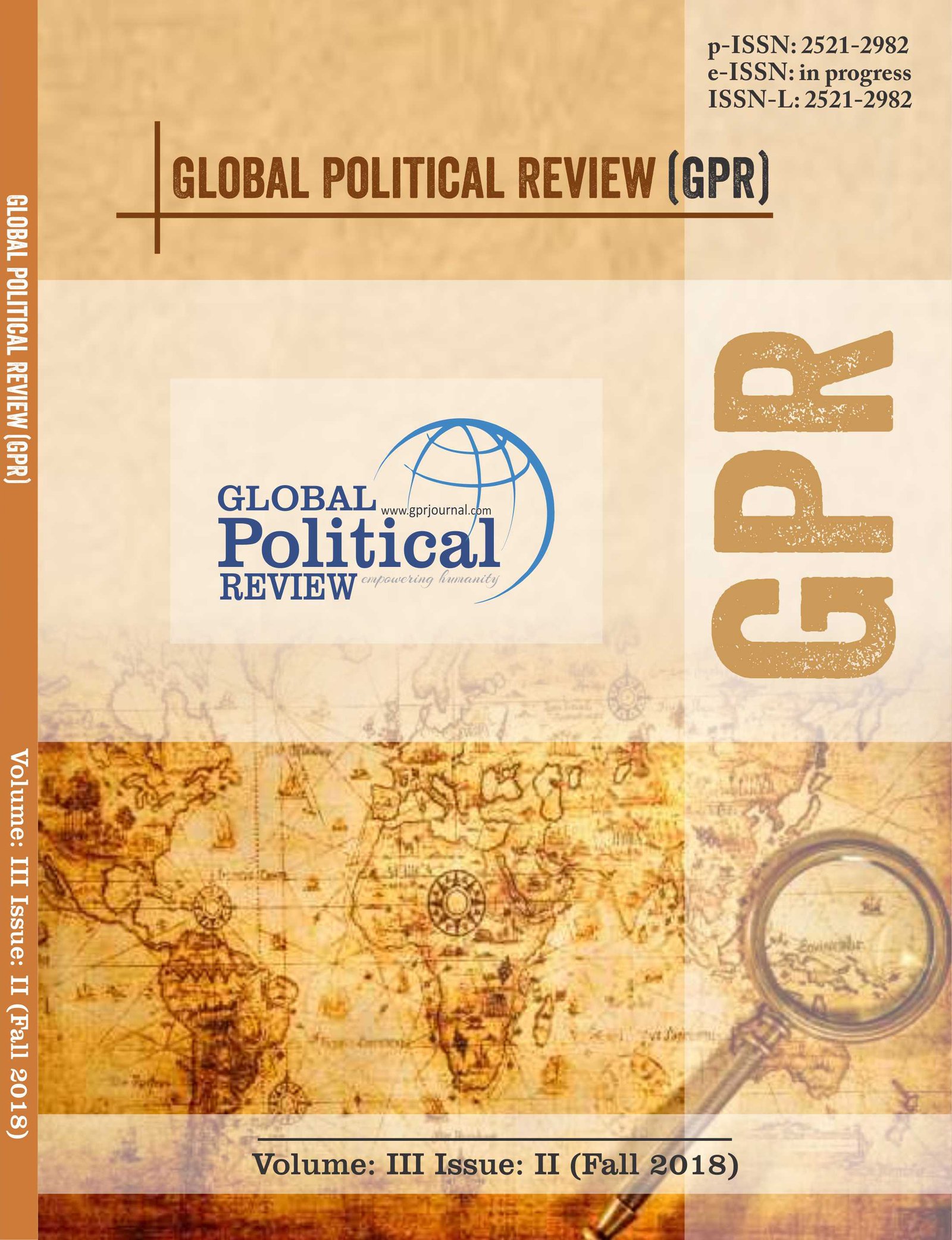 Volume III, Issue II (Fall 2018)
Volume III, Issue II (Fall 2018) 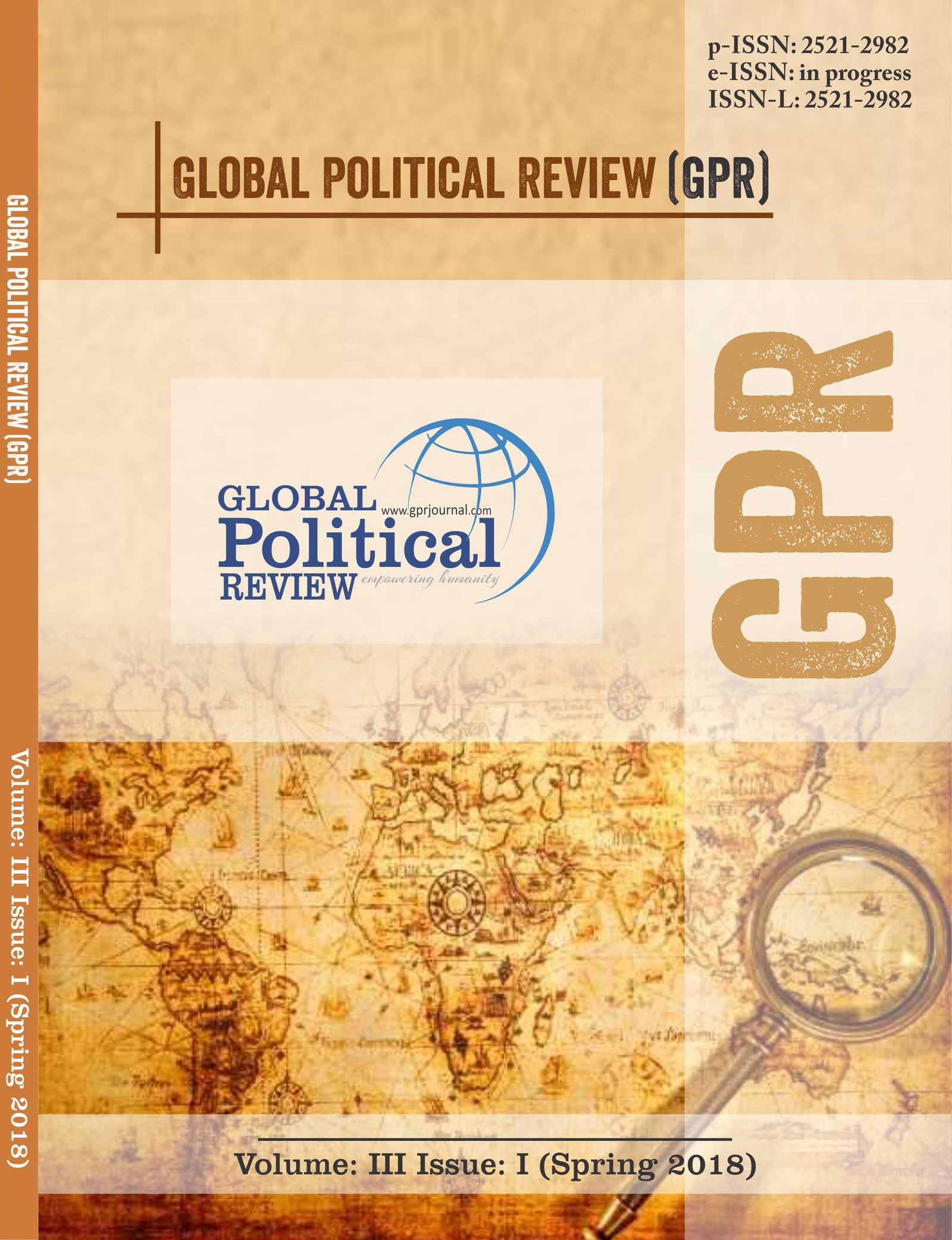 Volume III, Issue I (Spring 2018)
Volume III, Issue I (Spring 2018)  Volume II, Issue I (Fall 2017)
Volume II, Issue I (Fall 2017)  Volume I, Issue I (Fall 2016)
Volume I, Issue I (Fall 2016)